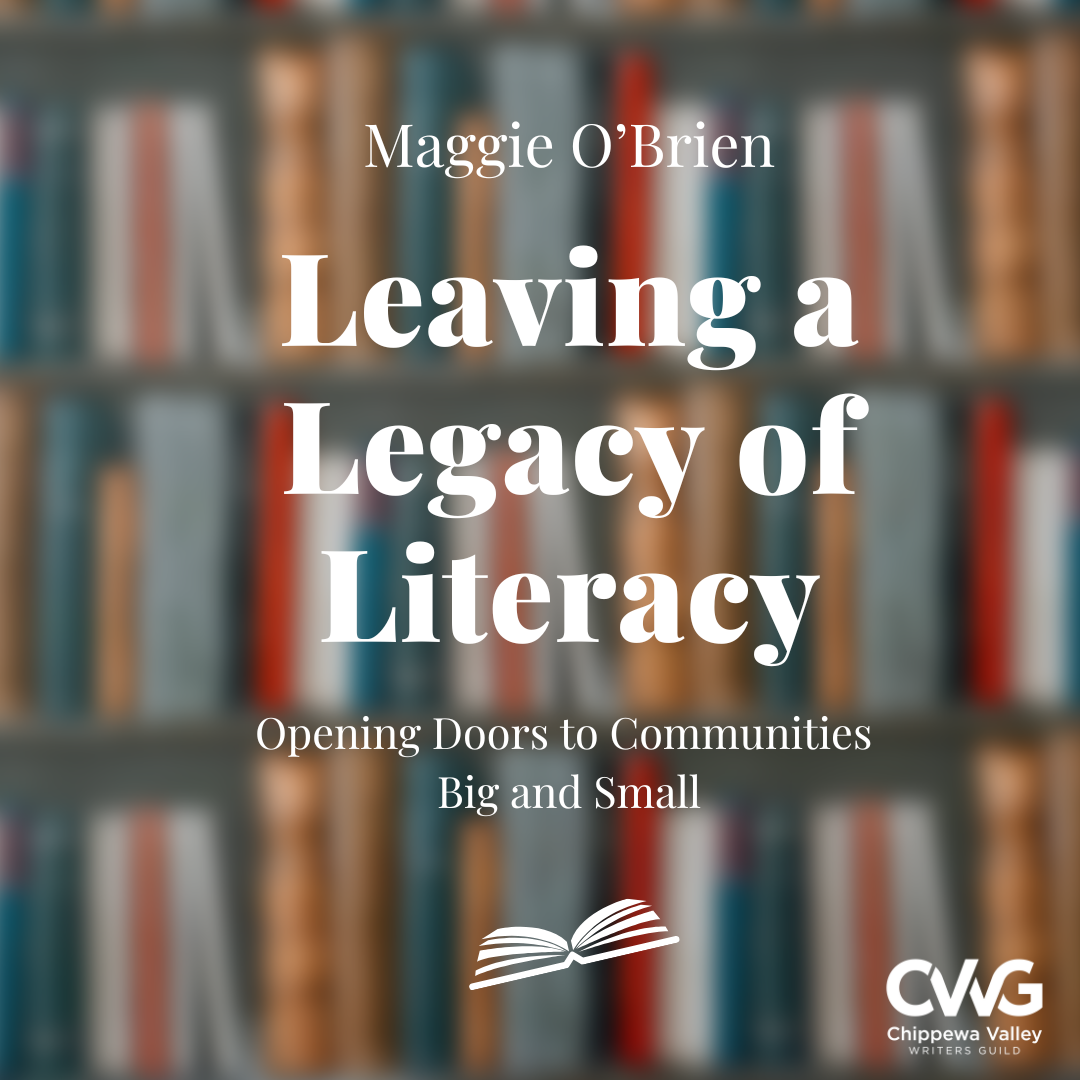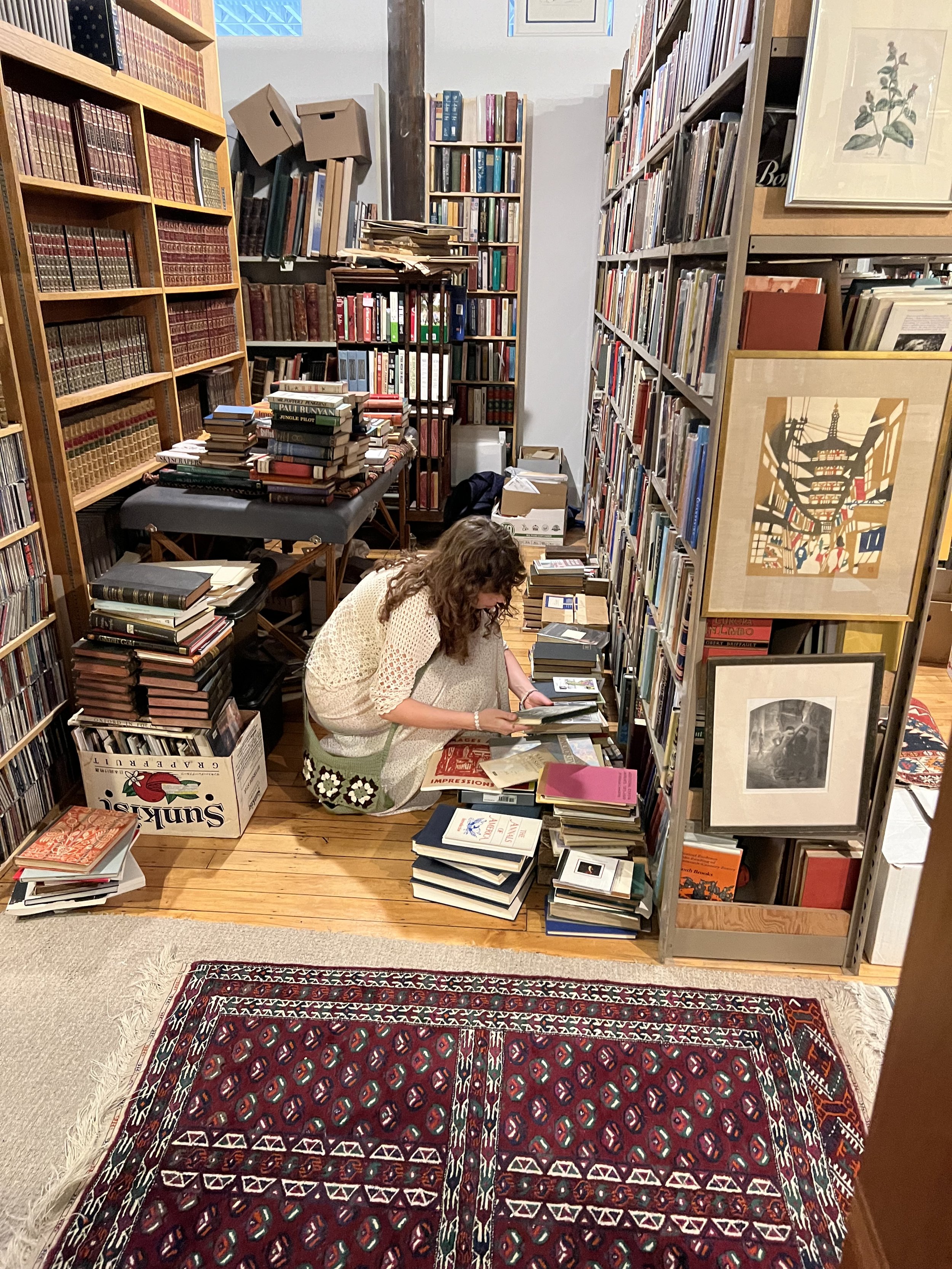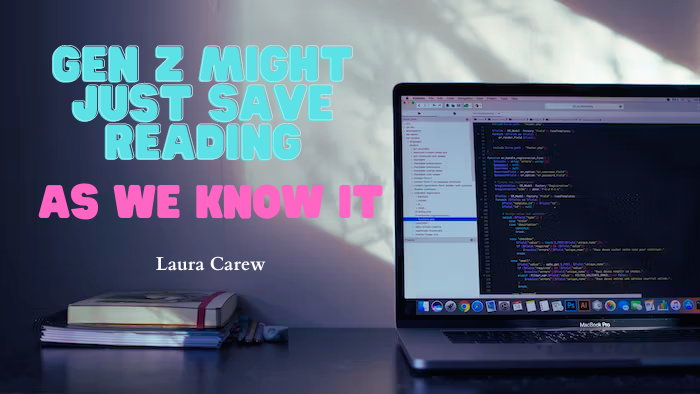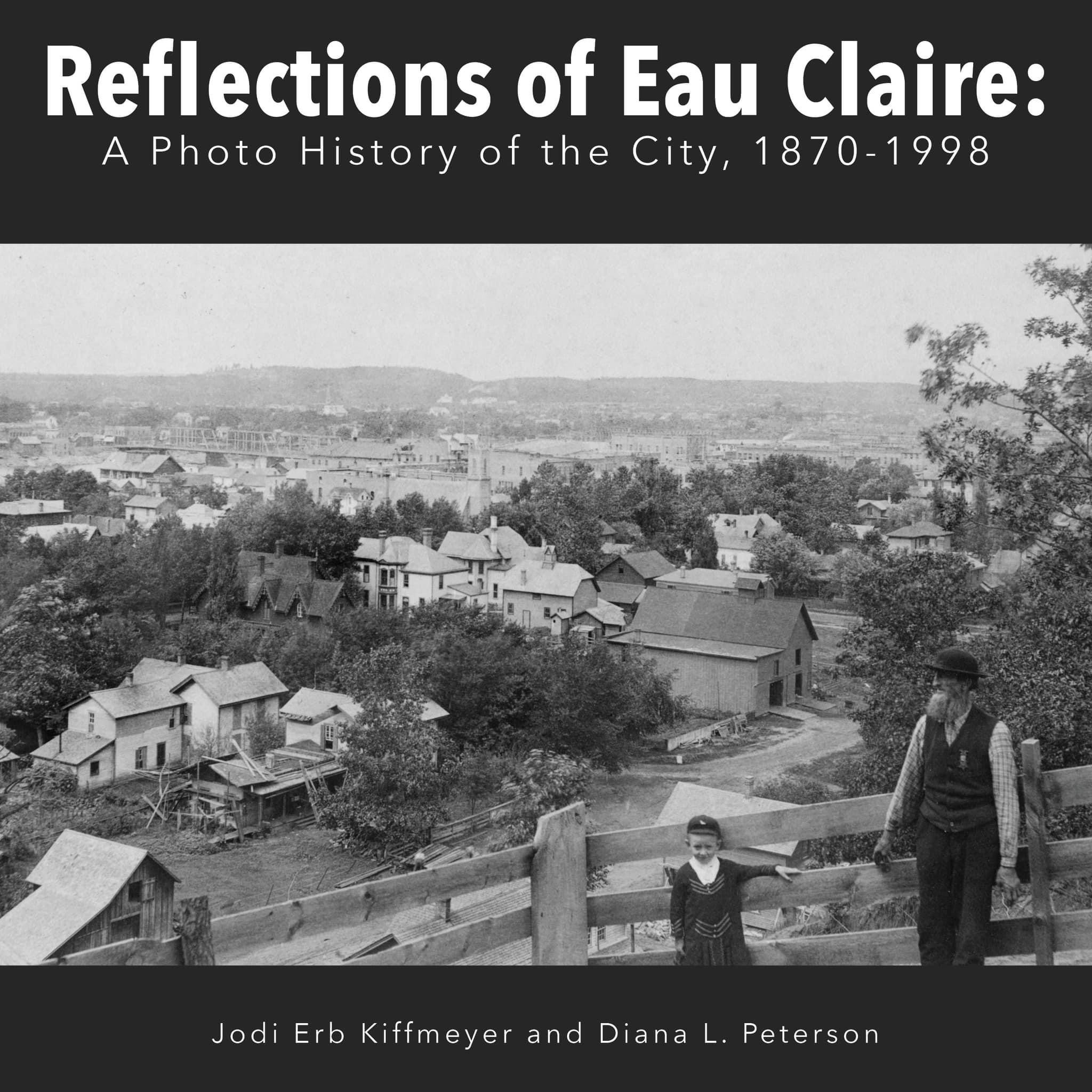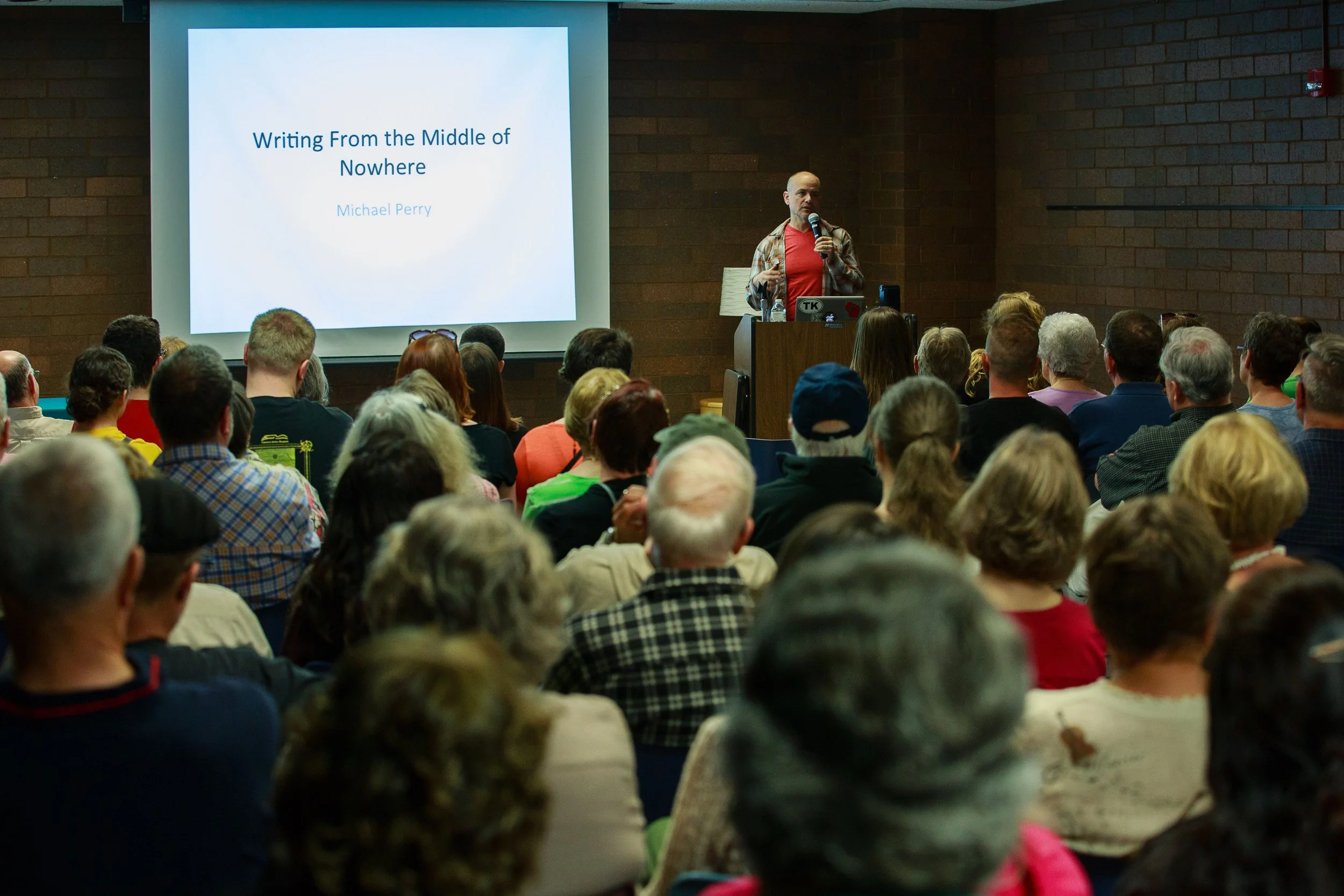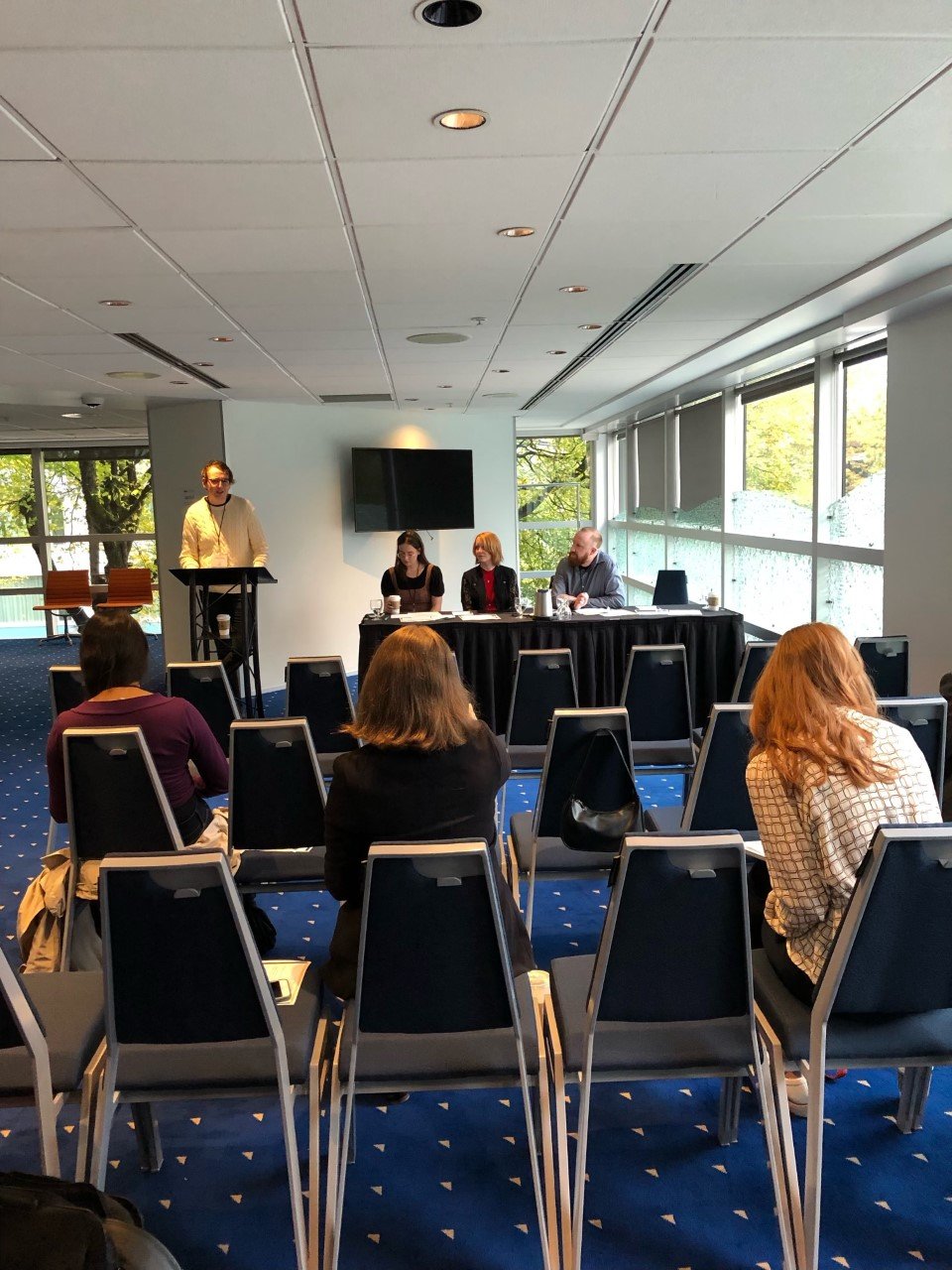Maggie O’Brien
Literacy presents immense opportunities to those who possess it. From career options to social functioning, literacy can open doors that unfortunately remain shut for many.
Illiteracy can be isolating socially and can even prevent parents from participating in children’s lives and education. Imagine going out to a restaurant with your child and being unable to read the menu to them, or not being familiar with the words your child is studying for a spelling test.
In recent years, data has shown less-than-favorable literacy levels in the nation, the state of Wisconsin, and even in Eau Claire. The National Literary Institute revealed that in 2024, 21% of adults in the US will be illiterate, and 54% of adults will have a literacy level below that of a 6th grader.
It’s important to account for the link between poverty and literacy when we’re looking at literacy data. Poorer regions tend to offer fewer educational resources and opportunities, meaning individuals from these regions are more likely to be illiterate. Being unable to read and write at a proficient level limits career options and inhibits streamlined functioning in society.
In Wisconsin, literacy rates are a bit more promising but still far from ideal. According to Wisconsin Literacy, one in seven Wisconsin adults struggle with low literacy.
“For those with low literacy, attempting to read an instruction booklet or fill out a medical form becomes troublesome and time-consuming. In instances like these, literacy becomes a matter of accessibility. ”
For those with low literacy, attempting to read an instruction booklet or fill out a medical form becomes troublesome and time-consuming. In instances like these, literacy becomes a matter of accessibility.
Considering literacy in this light is critical as technology and jargon infiltrate spaces like doctor’s offices and schools, which are vital for everyone, not just literate people. Imagine attempting to receive critical medical care and being presented with a device you are unable to use. On top of that, you are unable to comprehend the terminology on the screen before you. Asking for help in situations like these can be dehumanizing, time-consuming, and terrifying.
According to WQOW, around 14,000 people struggle with low literacy in the Chippewa Valley, which includes Eau Claire, Chippewa, and Dunn counties. Additionally, in the Eau Claire Area School District, 58% of elementary students, 57% of middle school students, and 59% of high school students tested below the proficient level for reading.
So, more than half of Eau Claire’s student population cannot read proficiently. These statistics, coupled with the fear-mongering narratives heard in and around schools, can easily be grounds for catastrophizing the state of literacy and reading. While your first inclination may be to dwell in hopelessness, consider the creative ways in which Eau Claire is combating falling literacy rates.
Literacy Interventions
Eau Claire has taken numerous measures to address low literacy rates among both adult and student populations.
Literacy Chippewa Valley is a harbor of hope for adults struggling with literacy in the Chippewa Valley area. According to its website, Literacy Chippewa Valley is a community-based organization that aims to foster literacy in adults to help them reach their academic, employment, and life goals.
Literacy Chippewa Valley’s values of accessibility, inclusion, adaptability, progress, and sustainability are visible throughout its free programs. In the past year, this organization assisted 600 adults in Chippewa, Dunn, and Eau Claire counties, a 20% increase from the previous year.
One of Literacy Chippewa Valley’s free programs is called One-to-One Tutoring. This program offers weekly tutoring services catered to the abilities and interests of aspiring learners. Tutors instruct on topics such as ELL, math, GED/HESD acquisition, driver’s license preparation, and citizenship testing preparation.
This program offers those with low literacy the opportunity to make breakthroughs that may assist in career advancement. It also helps participants better operate in a world that demands literacy for many tasks.
Additional programs include Corrections Education and Family Literacy. Visit Literacy Chippewa Valley’s website to learn more about its wonderful programs. By promoting literacy among adult populations and providing family-centered resources, Literacy Chippewa Valley lays the groundwork for parents to actively participate in their children’s literacy.
Eau Claire’s outreach extends beyond adults. Let’s consider L.E. Phillips Memorial Public Library as the hub of resources and events that aid in developing and sustaining literacy among the youth population.
L.E. Phillips Memorial Public Library offers multiple youth programs on site and online. These programs are designed for infants up to sixth grade, and are all free options for children and families.
One program specifically geared towards helping children develop early literacy skills and discover a love of reading is Storytime at the Library. This free program takes place weekly, from September 16 to December 14, in the Youth Program Room at L.E. Phillips Memorial Library.
According to its website, storytimes feature assorted age-appropriate stories, rhymes, fingerplays, flannels, music, and movement. Five different groups, separated by age, are available.
The groups include Little Movers, Bouncing Babies, Toddler Storytime, Preschool Storytime, and Family Storytime. Family storytime is a great resource for families developing their literacy together.
L.E. Phillips Memorial Public Library also offers two Book Clubs for K-6 readers. The Read Me a Book Club is focused on Grades K-2 and aims to encourage the celebration of reading as a family. This club consists of a monthly two-part series that includes a read-aloud and hands-on activities.
The Read Me a Book Club is a perfect way for families to work on literacy together. L.E. Phillips Memorial Public Library programming offers plenty of opportunities. for parents to take an active role in developing their children’s literacy and their own.
The L.E. Phillips Memorial Public Library also hosts The Book Scouts Book Clubs, recommended for grades 3-6, talk about books and do hands-on activities inspired by their monthly read. The two Book Scouts groups include the Story Seekers and the Page Turners. Each group reads books that match differing difficulty levels and interests.
Multiple book-focused, kid-friendly events take place at L.E. Phillips Memorial Public Library every week. Take a look at its event calendar to explore them.
L.E. Phillips Memorial Public Library also has a whole Kids page spotlighting family resources in Eau Claire. This page conveniently organizes Early Learning Programs, Family/Parent Support, Public Libraries, and more and offers a brief explanation of each resource.
As technology infiltrates classrooms and homes, many children spend their schooldays and weekends staring at screens. L.E. Phillips Memorial Public Library offers plenty of free resources for parents and children to combat the low literacy rates and take some time away from screens.
Considering the various options would be a purposeful first step toward instilling literacy and appreciation for reading in young children.
In addition to everything offered at L.E. Phillips Memorial Public Library, Eau Claire’s Family Resource Center has recently become an affiliate of Dolly Parton’s Imagination Library. The Imagination Library is currently the world's largest children’s literacy program.
Each month, a free book is mailed directly to a child’s home from birth until age five. The only requirement for participation is to live in Eau Claire and Dunn Counties. This means children can accumulate a library of up to 60 books before their fifth birthday.
According to its website, Dolly Parton’s Imagination Library aims to inspire a love of reading in children from birth to age five. If children are exposed to reading at a very young age and have ample access to various books, they are much more likely to see the intrinsic values of reading.
For children from families who may struggle with income due to low literacy, this program is an excellent opportunity to develop young readers and encourage learning for both parents and children.
A noteworthy part of this program is that it provides books to children before they begin school. Thus, Dolly Parton’s Imagination Library has the potential to lower the number of children who do not have access to books before Kindergarten.
Eau Claire Family Resource Center’s website states, “Dolly Parton's Imagination Library has been shown to increase the frequency of reading books together, leading to increased kindergarten readiness.” This way, children can see value in reading and grow to love it before school even requires it.
If you are interested in signing up for this program, you can download a form from the Imagination Library website and mail it to Eau Claire’s Family Resource Center, or visit the Family Resource Center playroom to complete a registration form in person with assistance.
Bridging the gap between “literacy” and “literary”
As a future English educator, it’s empowering to be optimistic about literacy despite the discouraging data. In my classroom, I will only get closer to the problem. The literacy levels of my students will undoubtedly influence my teaching as a secondary education teacher, and I will have to work creatively to reach all of my students. This might involve showing films alongside reading texts, incorporating multi-modal technology, and bringing art and expression into my curriculum. These creative approaches allow me to brush the dust off of the way canon texts are typically taught by allowing varied engagement opportunities.
For students struggling with literacy, an English classroom may be the last place they want to be. This starts early when students who cannot read at the expected level are overlooked or labeled “disadvantaged.” This struggle may continue into middle and high school.
The importance of scaffolding must not be overlooked in this conversation. With abundant resources available, parents must lay the groundwork for their children’s literacy by taking advantage of everything Eau Claire offers.
This may start with parents addressing the state of their own literacy. Literacy Chippewa Valley is a great place to start for parents who may have some work to do before they can help their children.
If parents provide their children with access to books and education for reading to serve as a daily practice, literacy maintains a central position in children’s lives. Taking the time to instill a passion for reading even before school begins sets children up to see the immense value of “literacy.” This appreciation lays the groundwork for a legacy of literacy and abundant access to literary communities and resources.
The idea here is that parents must make an attempt to be proactive. Of course, many parents may not have abundant time to dedicate to literacy intervention, but taking the time to set up reading habits while children are young will likely make later intervention unnecessary.
“As a future educator, I must not forget my role in including all my students in literary communities and opening up spaces that may feel inaccessible or beyond students’ capabilities”
As a future educator, I must not forget my role in including all my students in literary communities and opening up spaces that may feel inaccessible or beyond students’ capabilities. Closing out children struggling with literacy from literary communities sends the unfavorable message that the “literary” is not for them.
If I want my students to appreciate the “literary,” I must first approach their literacy levels appropriately and help them recognize the value in both “literacy” and the “literary.” Oftentimes, literary organizations such as book clubs and writing groups are populated mostly by successful writers or avid readers.
I intend to reverse this narrative. Students can only increase their reading and writing abilities by practicing. In order to make space for this, we must create inclusive, supportive, and empathetic literary communities that offer them room to do so

